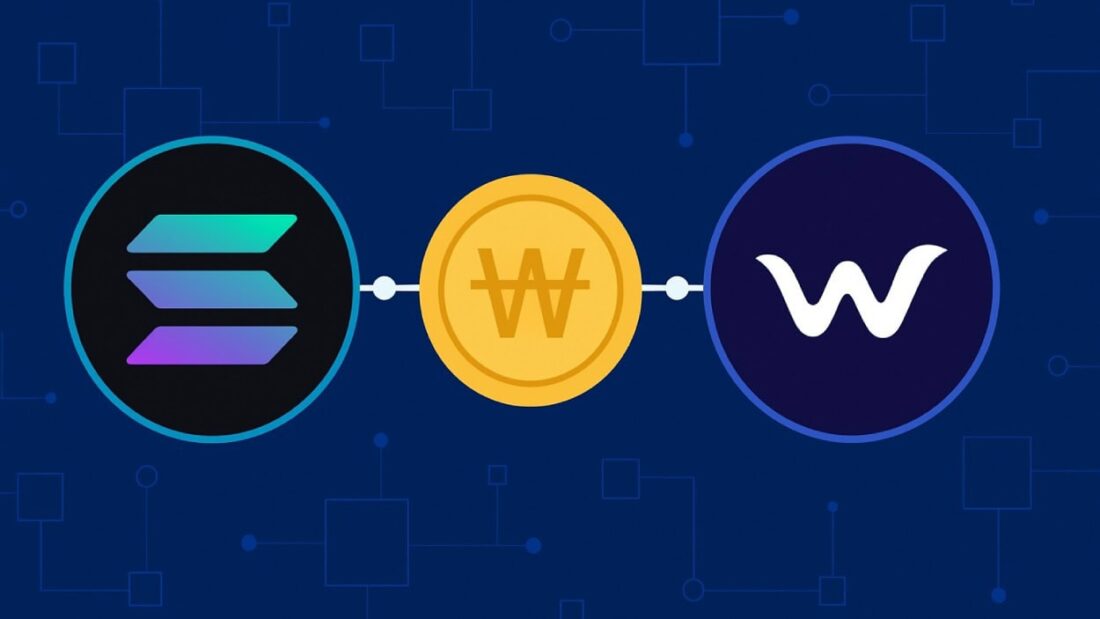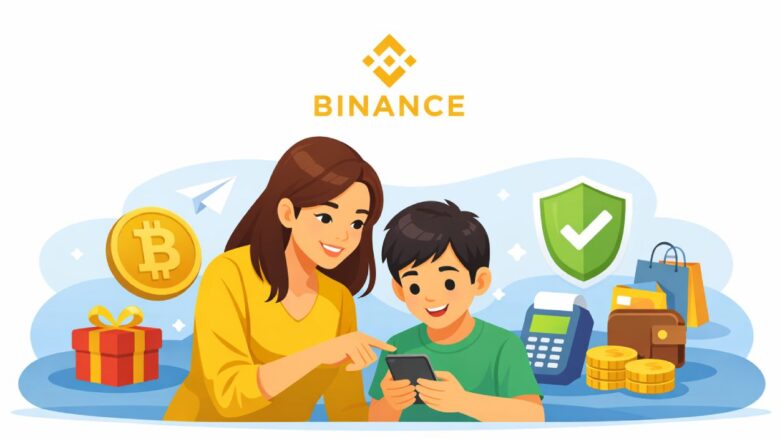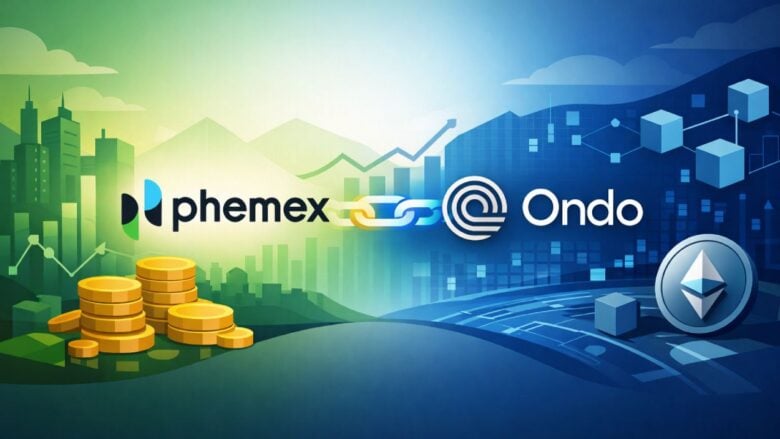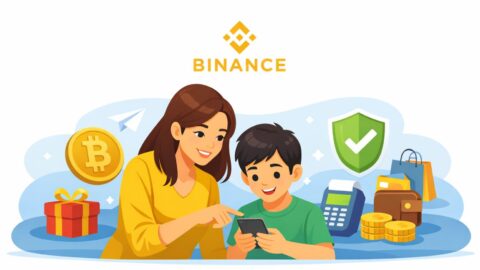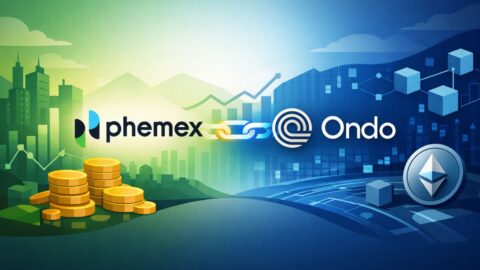Solana has partnered with Korean blockchain firm Wavebridge to develop a Korean won-pegged stablecoin and other institutional-grade blockchain finance tools.
Key Takeaways
- Solana Foundation and Wavebridge signed an MOU to co-develop a Korean won (KRW)-backed stablecoin and related tokenization technology.
- The project targets institutional use cases, including money market fund (MMF) tokenization and blockchain training for major Korean banks.
- The partnership aligns with South Korea’s upcoming stablecoin regulation framework, expected from the Financial Services Commission.
- Solana is strengthening its presence in Asia as it becomes a preferred network for regulated DeFi and financial institutions.
What Happened?
The Solana Foundation has entered into a strategic partnership with Wavebridge, a Korean blockchain infrastructure company, to explore and develop financial products based on digital assets. The highlight of the collaboration is a Korean won-pegged stablecoin and a full-fledged tokenization engine that supports issuance, verification, and regulatory compliance. This move puts Solana at the forefront of institutional blockchain integration in South Korea.
Solana and Wavebridge Set Sights on Institutional Blockchain Finance
The memorandum of understanding (MOU) signed by both parties outlines four major cooperation areas:
- Joint development of a tokenization engine to support the entire lifecycle of a KRW stablecoin.
- Collaborative efforts on money market fund (MMF) tokenization projects.
- Launch of on-chain education programs for leading commercial banks in South Korea.
- Broader cooperation to expand Solana’s blockchain ecosystem globally.
The tokenization engine, a core component of the partnership, will feature whitelist management, transaction controls, and verification procedures that align with South Korea’s strict regulatory standards. The goal is to deliver a secure, transparent, and compliant infrastructure that financial institutions can trust.
South Korea’s Stablecoin Momentum Accelerates
South Korea has been increasingly active in the stablecoin space. The Financial Services Commission (FSC) is preparing to submit a bill that lays out a comprehensive legal framework for stablecoins, covering aspects like collateral management, internal controls, and issuance procedures. This bill is part of the broader Virtual Asset User Protection Act.
The Wavebridge partnership fits right into this evolving landscape. It mirrors other industry moves like BlackRock’s tokenized MMFs and initiatives from other chains like Sui’s t’order, KRW1 on Avalanche, and KRWT by Frax. These projects are part of a wider shift toward reducing reliance on USD-backed assets and mitigating pricing anomalies like the “kimchi premium.”
Solana’s Expanding Role in Asian Finance
This initiative reflects Solana’s growing influence in Asia’s institutional finance sector. According to Bitwise CIO Matt Hougan, Solana is emerging as “Wall Street’s preferred network for stablecoins” due to its scalability, low transaction fees, and enterprise-grade infrastructure.
Recent integrations with Worldpay and Bullish Exchange show that Solana is building serious momentum in on-chain settlements. By aligning with a local partner like Wavebridge, which offers services like custody and prime brokerage, Solana positions itself to navigate Korea’s complex regulatory terrain effectively.
This partnership also arrives as major Korean banks like KB Kookmin, Shinhan, Woori, and others explore a national stablecoin consortium, targeting a 2025 or 2026 rollout of KRW-backed assets.
CoinLaw’s Takeaway
I think this Solana and Wavebridge deal is a big deal. In my experience covering crypto and finance, regulatory compatibility is what makes or breaks these kinds of institutional projects. Solana partnering with a Korean firm that understands local compliance is a smart move. It’s not just about issuing a new stablecoin. It’s about building a system that banks and regulators can get behind. I found the timing especially smart, with Korea’s own stablecoin laws right around the corner. If this works, it could set the blueprint for regulated DeFi in other countries too.

